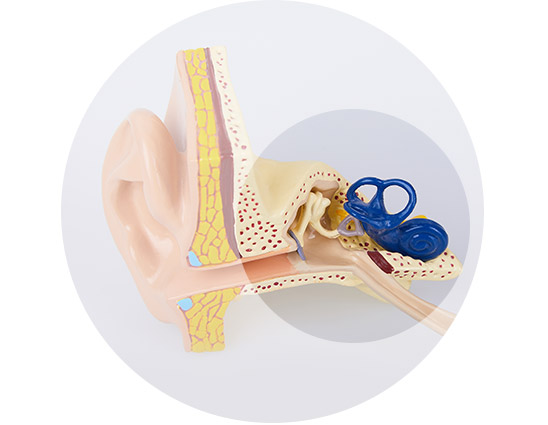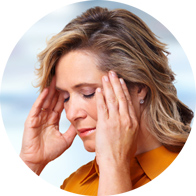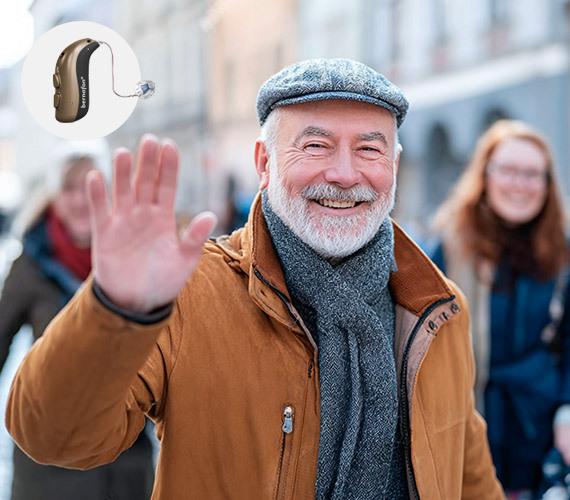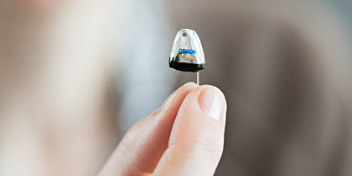Find out more about Oticon Zeal
Age-related hearing loss (presbycusis)

What is age-related hearing loss?
Age-related hearing loss, also known as presbycusis, is the gradual decline in hearing that occurs with age. It's the most common type of hearing loss and typically affects both ears, worsening over time. While there's no cure, various treatments can help manage the condition and improve communication.
This type of hearing loss usually affects both ears.
Depending on certain factors, age-related hearing loss can start as early as in your 30s or 40s, and usually increases gradually over time.
It’s one of the most common conditions affecting older and elderly adults.

What causes age-related hearing loss?
The main cause of age-related hearing loss is ageing.
It’s usually due to changes in your inner ear which happen as you get older. There are several factors that have an impact on developing age-related hearing loss, such as:
- Genes
- Certain medical conditions
- Side effects of certain drugs and medications
- Age
- Smoking
- Repeated exposure to loud noises
Did you know?
While men are more likely to develop a hearing loss in higher frequencies, women often have hearing loss in lower frequencies.
The frequency of your hearing loss refers to which sounds you are having trouble hearing: high-pitched or low-pitched.

Book a free test for age-related hearing loss
6 common signs and symptoms of age-related hearing loss
The signs and symptoms of age-related hearing loss can vary from person to person, but some of the most common symptoms include:

How is age-related hearing loss treated?
If you have age-related hearing loss (presbycusis), the best treatment will depend on your overall health, age and the severity of the loss.
The most common treatment for age-related hearing loss is hearing aids, but the treatment may also include using assistive devices and/or learning lip reading techniques.
How can you protect your hearing as you age?
Age-related hearing loss is irreversible, so prevention is really important. Some of the most effective ways to help prevent it include:
- Avoiding (or reducing exposure to) excessively loud noises
- Avoiding smoking
- Seeking treatment for hearing health conditions (such as ear infections)
- Wearing ear protection in loud environments (e.g. ear plugs or ear defenders)












